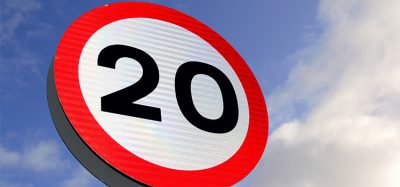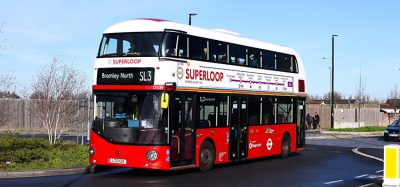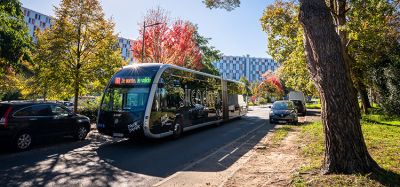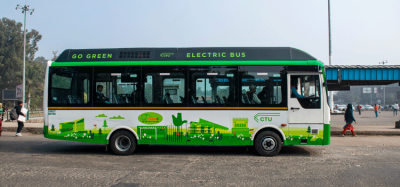Milan to reallocate city space to prioritise walking and cycling
- Like
- Digg
- Del
- Tumblr
- VKontakte
- Buffer
- Love This
- Odnoklassniki
- Meneame
- Blogger
- Amazon
- Yahoo Mail
- Gmail
- AOL
- Newsvine
- HackerNews
- Evernote
- MySpace
- Mail.ru
- Viadeo
- Line
- Comments
- Yummly
- SMS
- Viber
- Telegram
- Subscribe
- Skype
- Facebook Messenger
- Kakao
- LiveJournal
- Yammer
- Edgar
- Fintel
- Mix
- Instapaper
- Copy Link
Posted: 21 April 2020 | Sam Mehmet (Intelligent Transport)
Since Italy implemented its lockdown measures, congestion has dropped by up to 75 per cent in some areas, and Milan officials are hoping that people do not rely on their cars after the measures are lifted as a way to avoid public transport.


In response to the ongoing coronavirus (COVID-19) crisis, Milan has announced that it is to reallocate up to 22 miles of street space from cars to cycling and walking.
The Italian city and surrounding region are said to be among Europe’s most polluted, and have also been one of the hardest hit areas of the world by the COVID-19 outbreak.
The ‘Strade Aperte plan’ includes low-cost temporary cycle lanes on road edges, new and widened pavements, 20mph speed limits, and pedestrian and cyclist priority areas.
Marco Granelli, Deputy Mayor of Milan, said: “We worked for years to reduce car use. If everybody drives a car, there is no space for people, there is no space to move, there is no space for commercial activities outside the shops.
“Of course, we want to reopen the economy, but we think we should do it on a different basis from before.
“We think we have to reimagine Milan in the new situation. We have to get ready; that’s why it’s so important to defend even a part of the economy, to support bars, artisans and restaurants. When it is over, the cities that still have this kind of economy will have an advantage, and Milan wants to be in that category.”
Janette Sadik-Khan, a former transportation commissioner for New York City, is working with cities including Milan on their transport recovery programmes. She said that Milan could act as a roadmap for others.
“The Milan plan is so important is because it lays out a good playbook for how you can reset your cities now. It’s a once-in-a-lifetime opportunity to take a fresh look at your streets and make sure that they are set to achieve the outcomes that we want to achieve: not just moving cars as fast as possible from point A to point B, but making it possible for everyone to get around safely.
“I know we’ll be looking to Milan for guidance from New York City.”
Related topics
Air Quality, Alternative Power, COVID-19, Infrastructure & Urban Planning, Passenger Accessibility, Sustainable Urban Transport, Transport Governance & Policy
Related cities
Milan
Related people
Janette Sadik-Khan, Marco Granelli








